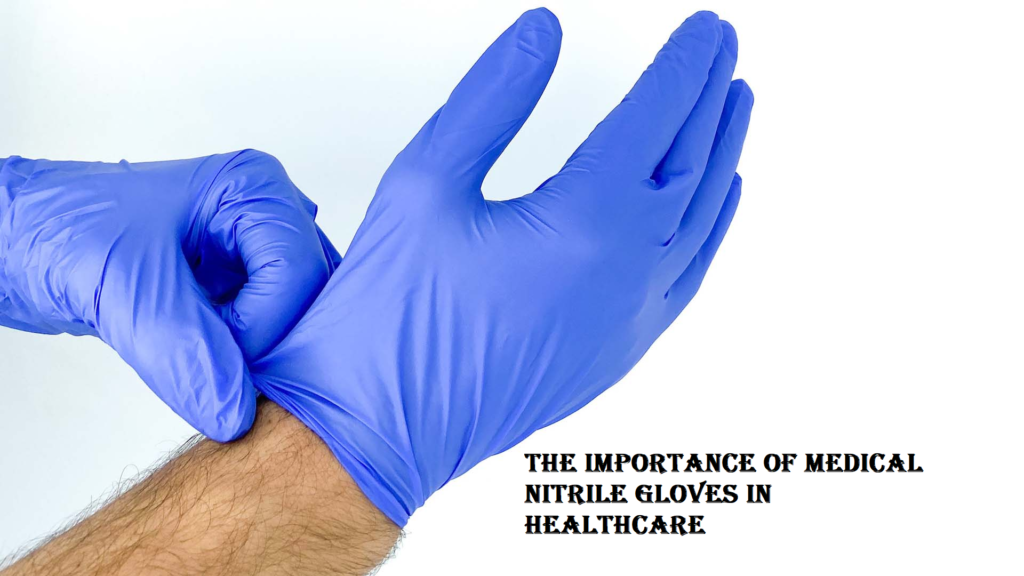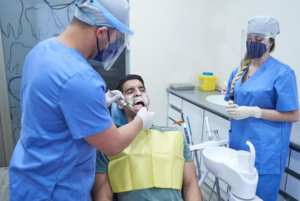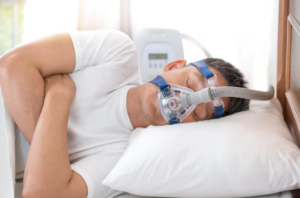
Medical nitrile gloves are a crucial component of personal protective equipment (PPE) in healthcare settings. They provide a barrier between healthcare professionals’ skin and patients’ bodily fluids, preventing the transmission of infections and diseases. In this article, we will explore the importance of Nitrile Gloves in healthcare, their benefits, and factors to consider when selecting the right gloves.
The Risks of Infection Transmission
Healthcare professionals are at risk of exposure to bloodborne pathogens, such as HIV and hepatitis, and other infectious diseases, such as tuberculosis and influenza. Bodily fluids, including blood, urine, and saliva, can transmit these infections through contact with mucous membranes or broken skin. Medical nitrile gloves create a barrier that prevents this contact, reducing the risk of infection transmission.
Benefits of Nitrile Gloves
Medical nitrile gloves offer several benefits, including:
Puncture resistance:
Nitrile gloves are more resistant to punctures and tears than latex gloves, reducing the risk of exposure to bodily fluids.
Chemical resistance:
Nitrile gloves are resistant to a wide range of chemicals, including cleaning solutions and disinfectants.
Sensitivity:
Nitrile gloves provide a snug fit, allowing for enhanced sensitivity and dexterity.
Hypoallergenic:
Nitrile gloves are hypoallergenic, reducing the risk of allergic reactions and skin irritation.
Factors to Consider When Selecting Medical Nitrile Gloves
When selecting medical nitrile gloves, healthcare professionals should consider the following factors:
Material thickness:
Nitrile gloves come in various thicknesses, ranging from 3-15 mil. Thicker gloves provide added protection, while thinner gloves offer increased sensitivity.
Texture:
Nitrile gloves have various textures, including smooth, micro-roughened, and grip-enhanced. The texture chosen will depend on the specific task or procedure.
Length:
Nitrile gloves come in various lengths, including short, medium, and long. The length chosen will depend on the specific task or procedure.
Conclusion
Medical nitrile gloves are a crucial component of PPE in healthcare settings. They provide a barrier against infection transmission, are puncture-resistant, chemically resistant, sensitive, and hypoallergenic. By understanding the benefits and factors to consider when selecting Nitrile Gloves, healthcare professionals can provide quality patient care while ensuring their own safety and protection.







